Indeed. As we all know now, despite
years of prevarications and pretense, all three of those miraculously bulked up
individuals were juicing. As were, if we are to believe M. Jose Canseco, about
80 percent of major-league players during his playing years.
Even allowing for Mr. Canseco’s usual exaggerations, it was quite clear that huge numbers of ballplayers were filling their bodies with all sorts of illegal, performance-enhancing drugs—pitchers as well as hitters—and even, after a short time, for your New York Yankees.
You could see it in how they looked, and how they performed. It was, as the great Paul Simon wrote, the age of miracles and wonders—and not least the long-distance call.
Malusis referred as well at one point in his commentary to “the Derek Jeter of 1996, not when they really started to load up on superstars in 1998.” But that’s the interesting thing, too: they really didn’t have a lot of what we would now call “superstars” on that team—just terrific ballplayers playing terrific baseball as a team.
Only Jeter, back-up Tim Raines, Manager Joe Torre, and The Great One from the 1998 Bombers are in the Hall of Fame, and only they are likely to get there. Which raises some interesting questions.
Bernie Williams once asked teasingly if—since he didn’t juice—he deserved to be in the Hall, having had to play (and win!) against so many guys who did?
The answer, in a better world, would be “Yes.” It should definitely be yes for Jorge Posada, who was prevented from being the best catcher in the American League for ten years only because of the presence of a juicing I-Rod. It might even be true for Paul O’Neill and Tino Martinez, going up against legions of juiced pitchers.
Just how great they might have been on a level playing field is ultimately unknowable—one of the saddest legacies of doping.
But a core truth remains: The fact that Derek Jeter—and the others—did not juice—did not flash the big muscles or the big stats—makes them all the greater.












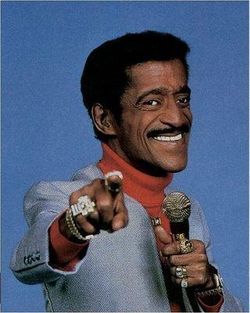
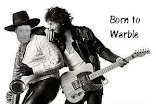




















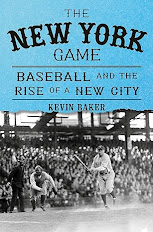









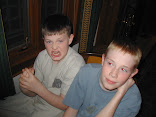

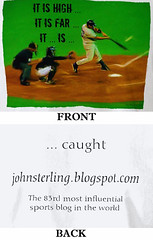



3 comments:
Back when men were men and baseball was still baseball, just barely.
Strange to feel nostalgic for the time I was in my late 30's.
Hoss, they were the Greatest Team Ever. And they did it at a huge disadvantage on an unlevel playing field, that was encouraged by MLB.
Encouraged until one of the juicers was became a Yankee. Then they had to leak some things to protect the "purity" of the game.
Fuckers through and through.
Amen, Hoss.
And that is why the Hall of Fame is kind of a joke. There are some players in there who really shouldn't be in there. And there are players who didn't get in who definitely should have been Hall of Famers.
You put up big numbers, like 300 wins or 500 homers, you're in. Even if the player was never more than somewhat above average, as long as they had consistency over 20 years. Guys who were great for a three to five year stretch usually don't get in.
I never even pay attention to the Hall of Fame hoop-la. Old Timer's Day is always a lot more interesting.
The Hammer of God
Post a Comment